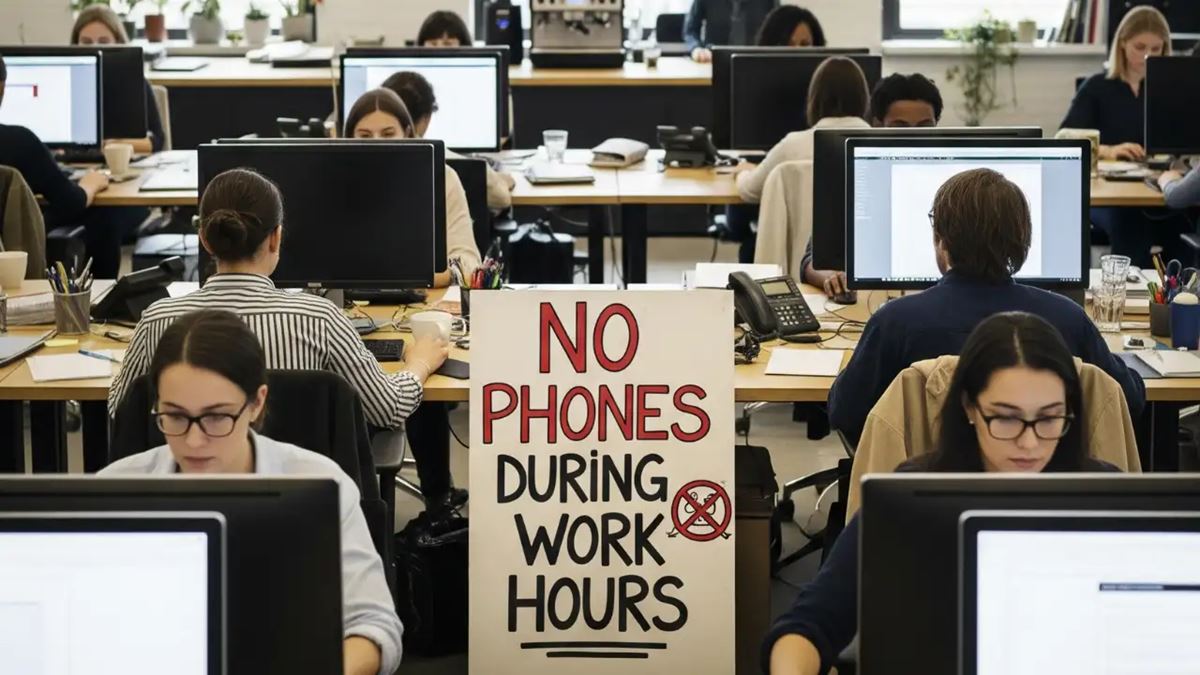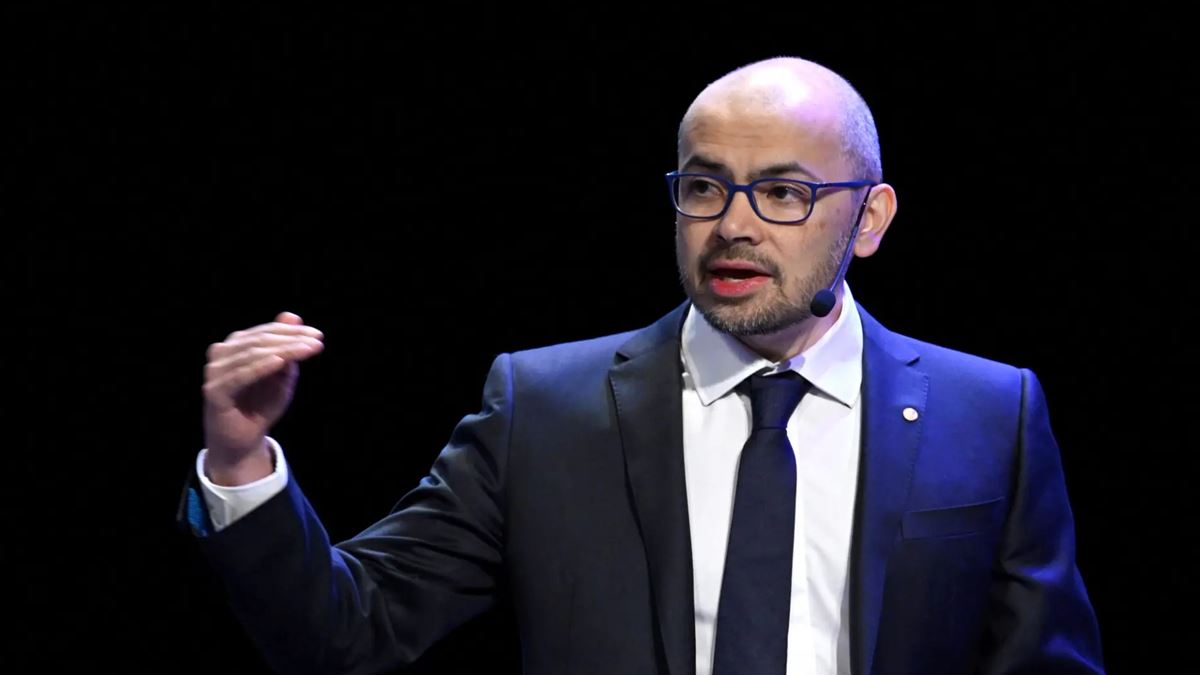When walking into an interview, most hiring managers will be focusing on the questions they’re going to be asking. But the sharpest leaders know that some of the biggest insights come from what candidates choose to ask them. Those seemingly innocent inquiries can reveal everything from entitlement issues to accountability problems before you even consider extending an offer.
“The questions candidates ask tell you more about their mindset than their rehearsed answers ever will,” explains David Garcia, co-founder and CEO of ScoutLogic, a background screening company that works with major employers across healthcare, banking, and education sectors. “After years of helping organizations build better hiring processes, I’ve seen how these subtle signals can predict future performance issues.”
Garcia has identified specific question patterns that consistently correlate with problematic hires, and here, he shares what hiring teams should listen for when candidates flip the script.
The questions that should make you pause
1. “How soon can I take time off?”
When this question comes up before candidates have even discussed what the role entails, it signals misplaced priorities. There’s nothing wrong with asking about PTO policies, but timing matters.
“If someone’s first concern is when they can be away from work, rather than what the work actually involves, that tells you all you need to know about where their head is,” Garcia notes. “I’ve seen this question asked in the first five minutes of interviews, before we’ve even covered basic job responsibilities.”
The red flag isn’t asking the question itself, but rather asking before showing any genuine interest in contributing to the organization.
2. “Is there a lot of oversight in this role?”
This one should immediately grab your attention. Candidates who bristle at the idea of management involvement often struggle with accountability and feedback.
“When someone asks about oversight with a negative tone, they’re usually telling you they don’t want to be held responsible for results,” Garcia explains. “Strong performers typically ask about support structures, not how to avoid them.”
Listen for the subtext. Are they asking because they want autonomy to excel, or because they want to fly under the radar?
3. “Do I have to work closely with [specific team/department]?”
This question reveals potential collaboration issues before they become workplace problems. Candidates who immediately want to know what they can avoid working on often bring a siloed mindset that kills cross-functional success.
“In today’s workplace, almost every role requires some level of cross-team collaboration,” Garcia points out. “Someone who’s already looking for ways to avoid working with others is going to struggle in most modern work environments.”
Pay attention to whether they’re asking about opportunities for collaboration, or trying to figure out what they can dodge.
4. “How quickly do people get promoted here?”
Asked too early in the interview process, this question screams entitlement. Before candidates understand what success looks like in the role, they’re already planning their exit strategy.
“I’ve had candidates ask about promotion timelines before we’ve even discussed their current skill gaps,” Garcia recalls. “That’s someone who’s more interested in climbing a ladder than delivering value.”
The timing and tone matter enormously here. Ambitious candidates ask about growth paths after demonstrating they understand what the current role demands.
5. “What’s the minimum requirement for [attendance/performance/engagement]?”
This is perhaps the biggest red flag of all. When candidates are immediately trying to identify the bare minimum they can get away with, they’re telling you exactly what kind of employee they’ll be.
“Anyone asking about minimum standards is planning to meet them and stop there,” Garcia warns. “These are the people who will do just enough to avoid getting fired, nothing more.”
Strong candidates ask about excellence standards, not minimum requirements.
Reading between the lines
The key isn’t necessarily the specific words candidates use. It’s the intent behind them. A question about work-life balance can signal either someone who values sustainable performance or someone who’s already planning to phone it in.
“Context is everything,” Garcia emphasizes. “The same question asked with genuine curiosity about company culture versus asked defensively about personal boundaries reveals completely different mindsets.”
Most hiring managers believe they’re good at reading people yet often aren’t listening for the right signals. Garcia says he trains teams to pay attention to what candidates reveal when they think they’re just gathering information. The questions someone asks in those first few minutes tell you whether they’re thinking like an owner or an employee who’s already checked out.
“Stop focusing so much on getting the ‘right’ answers to your questions and start analyzing the intent behind theirs. When someone asks about promotion timelines before understanding current expectations or wants to know about minimum standards rather than excellence benchmarks, they’re showing you their true priorities,” he adds. “Train your interviewers to note not just what gets asked, but when and how. A candidate who immediately wants to map out vacation days is thinking about what they can extract, not how they can contribute. The strongest hires ask questions that demonstrate they’re already thinking about how to succeed in the role, not how to work around its requirements.”




















